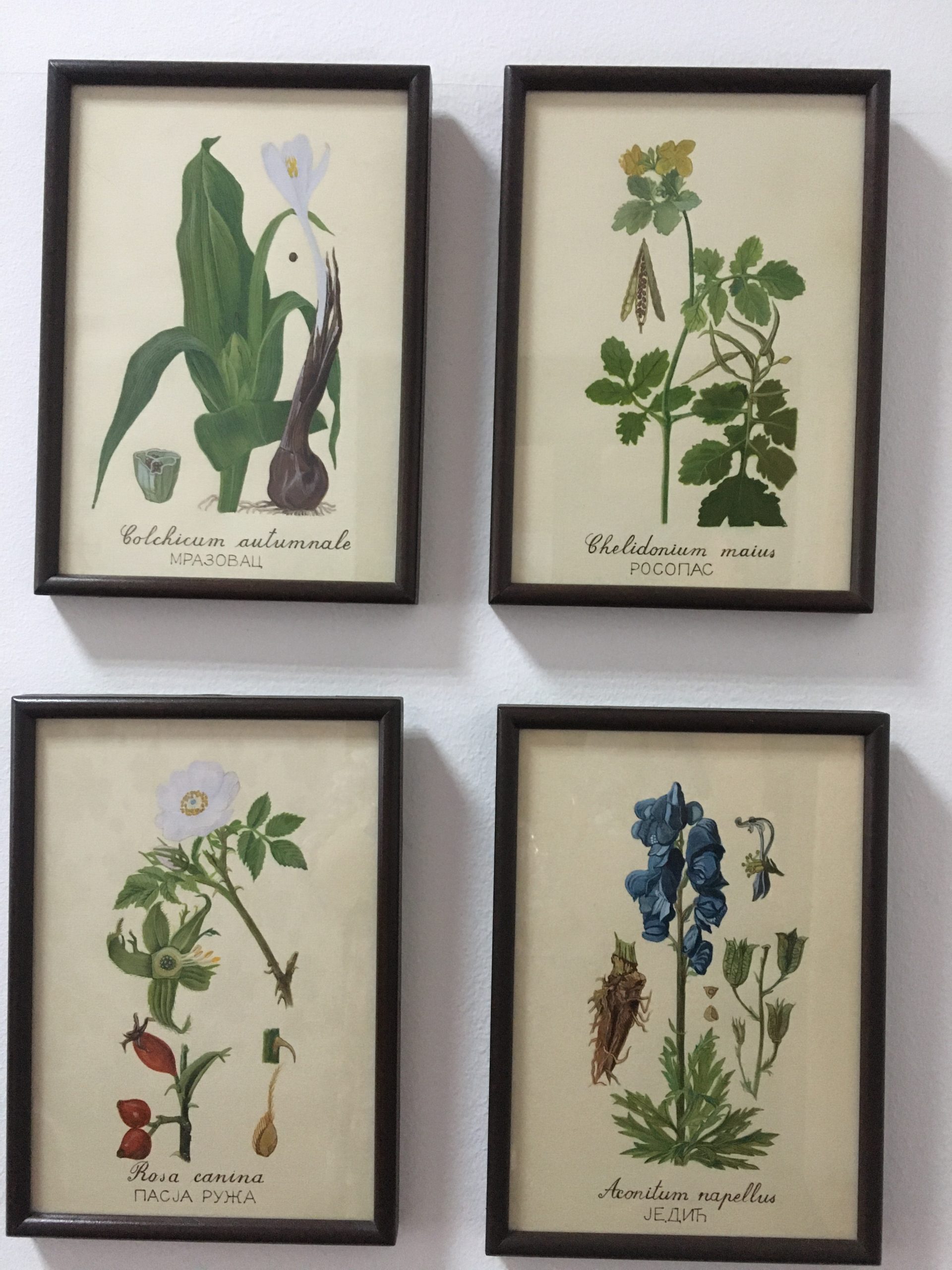
Homeopathy: time-tested science
Homeopathy is one of the oldest and most discussed medical practices. In the last few centuries, despite many debates in scientific circles, it has gained millions of followers all over the world. In this article, we will look at the history of homeopathy, its basic principles and try to understand why this system of treatment attracts
History of homeopathy
Homeopathy was founded by the German doctor Samuel Hahnemann at the end of the 18th century. Hahnemann, disillusioned with the methods of traditional medicine of his time, sought alternative ways of treatment and turned his attention to ancient medical texts. As a result of his research, he formulated the main principle of homeopathy: “Similia similibus curantur”, which in Latin means “like is treated by like”.
Hahnemann suggested that substances that cause certain symptoms in a healthy person can treat the same symptoms in a sick person, if used in highly diluted doses. This principle became the basis of homeopathy and was called the “law of similarity”.
Principles of homeopathy
Homeopathy is based on several key principles:
1. Law of Similars: The basic idea of homeopathy is that a disease can be cured with a substance that causes similar symptoms. For example, onions, which cause lacrimation, can be used to treat a runny nose.
2. Minimum doses: homeopathic preparations are prepared by multiple dilutions of the original substance. It is believed that the lower the concentration of the substance, the stronger its therapeutic effect.
3. Holistic, Holistic Approach: Homeopathy views the person as a single system, and treatment aims not only to eliminate symptoms, but also to restore the body’s overall balance.
Homeopathy today
Modern medicine sometimes questions the effectiveness of homeopathy due to the lack of scientific evidence of its effectiveness. Despite this, homeopathy remains popular and in demand in many countries. Its supporters claim that homeopathy is not just a treatment, but a philosophy of health.
Many patients claim that homeopathic medicines have helped them in cases where traditional medicine has proved powerless. Homeopathic doctors note that homeopathy aims for an individual approach to each patient, which makes it particularly attractive in the era of standard treatment protocols.
What is the secret of the popularity of homeopathy?
Homeopathy continues to attract people because it offers an alternative to conventional medicine. At a time when patients are increasingly faced with the side effects of drugs and the limitations of modern medicine, homeopathy offers a gentle and safe treatment based on natural ingredients.
In addition, homeopathy emphasizes the psychosomatic aspects of health, arguing that a person’s emotional and psychological state plays a key role in his physical well-being.
Conclusion:
Homeopathy is a time-tested science that continues to arouse interest and controversy. Despite the lack of consensus in the scientific community, millions of people around the world trust homeopathic methods and find them effective. Regardless of the attitude towards this practice, its role in the history of medicine and its influence on the world health care system cannot be denied.
Homeopathy reminds us of the importance of a holistic approach to health and that sometimes the path to healing goes beyond conventional medicine.
Homeopathic pediatrician Svetlana Granenko
Leave your email
and we will contact you soon